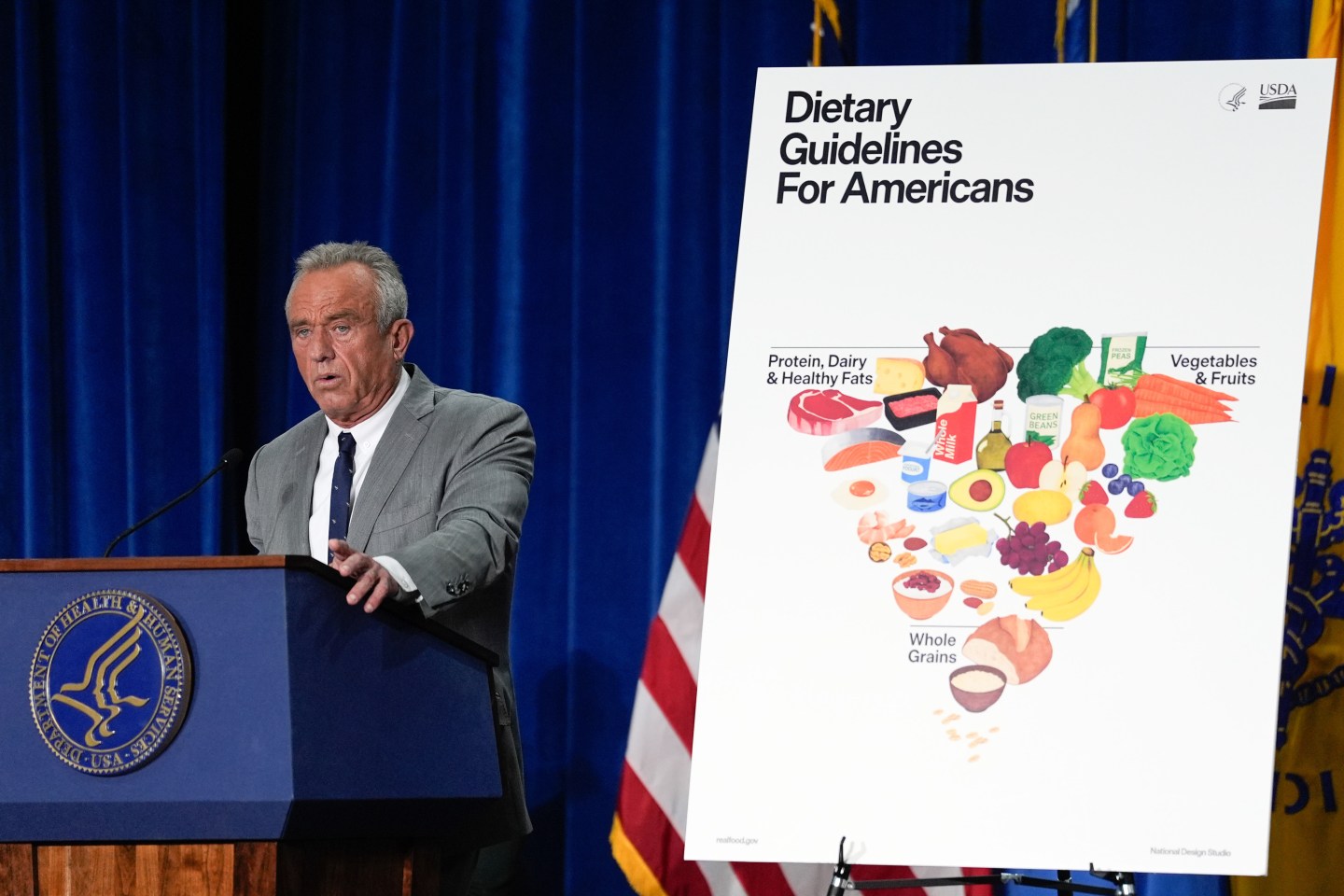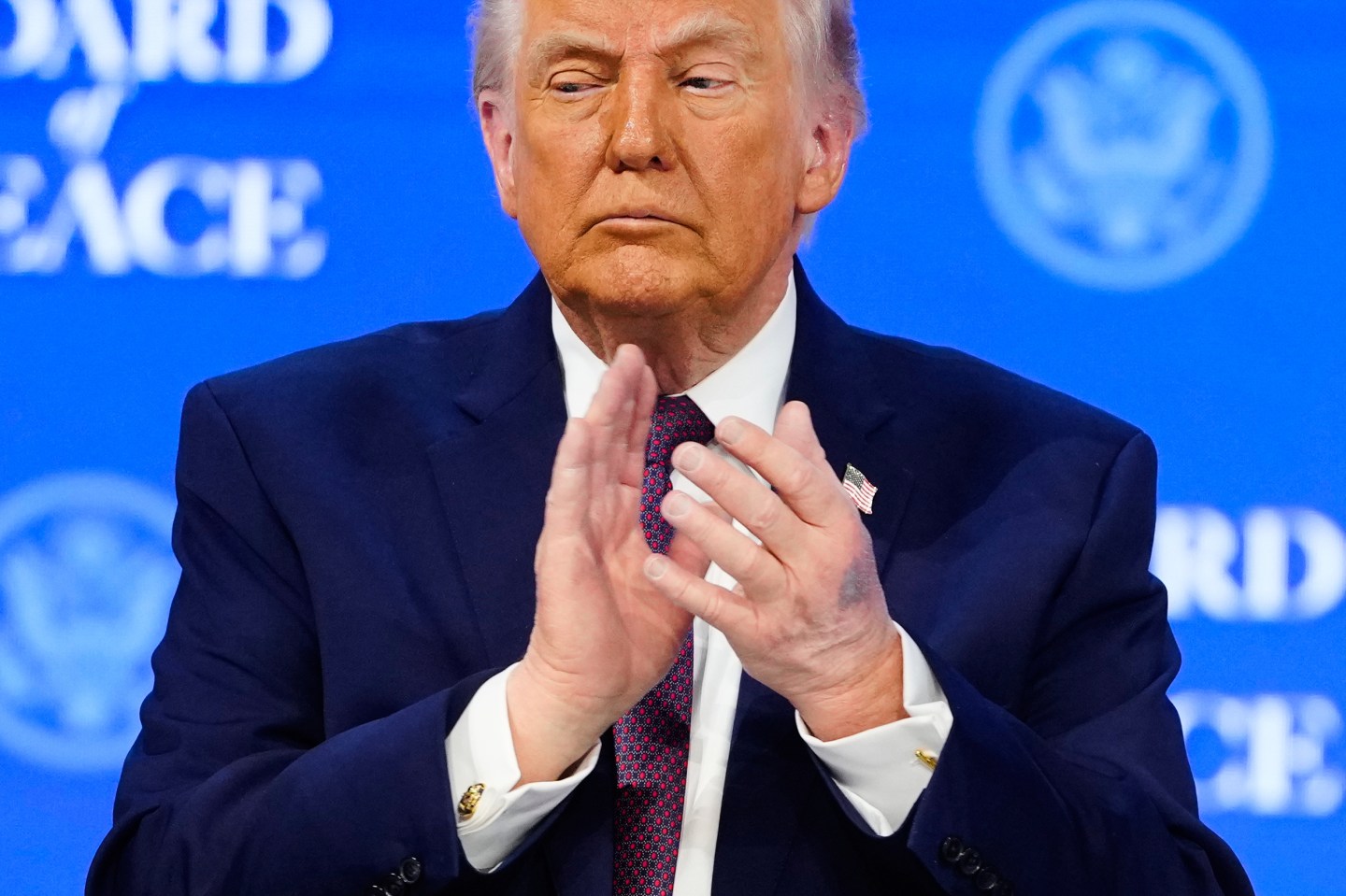Birthing a drug isn’t easy. It’s an intensive, unpredictable, and enormously stressful endeavor which can dash the hopes of the world’s greatest scientific minds and the patients they seek to serve. Initial clinical trial victories can quickly swerve into cataclysmic failures.
But that reality, and the unique nature of the pharmaceutical industry’s life-changing mission, gets messy when it mashes up against the largely laissez-faire attitude the U.S. Government has toward regulating drug prices. The current system gives companies like AbbVie, Pfizer, Biogen, and all the titans of the industry nearly carte blanche on how to price their medicines, no matter how long ago they were created. The industry takes full advantage by hiking prices year after year, and 2021 is no different.
Consider AbbVie. The company, which acquired fellow drug firm and Botox maker Allergan in a 2019 megadeal, makes the world’s top-selling drug, Humira, which brought in nearly $15 billion in the U.S. Alone in 2019. This anti-inflammatory medication treats a slew of diseases ranging from psoriasis to arthritis to Crohn’s disease. So there’s no reason to knock the science. But Humira’s first approval occurred way back in December 2002. Nearly two decades later, AbbVie is still hiking its price despite no actual change in what the drug actually is.
Brad Loncar is a biotech investor with an affinity for the industry and the innovation it breeds. He’s also a critic of a model that inherently incentivizes perpetual cost increases in order to hedge against the risk of scientific failure. It’s a model, as Loncar told Coins2Day during the time of the AbbVie-Allergan deal, which incentivizes financial engineering over the medical magic which is the beating heart of the industry. The latest Humira price hike for 2021? 7.4%.
This is the part of the story where pharmaceutical executives throw up their hands. The industry regularly argues this is an unfair characterization since list prices don’t match what a hospital pays, or what an insurer pays, or what a patient pays for a drug out of pocket.
The exact amount one is charged varies depending on your insurance status or payment programs set up by big drug companies. And, besides, you can learn new uses for an existing drug. A treatment like Humira which was launched to treat one condition may eventually treat a dozen.
That has serious financial implications for the average American. Even before this latest round of price hikes, the U.S. List price of the standard 40 mg Humira injectable pen ballooned from $16,636 for a one-year supply in 2006 to $58,612 in 2017, according to the AARP Public Policy Institute and the University of Minnesota’s PRIME Institute.
Alongside Loncar, other longtime investors in the life science community say the model is broken. Biogen is another offender this year with its treatment Tysabri, which is used for patients with multiple sclerosis.
While AbbVie and Biogen are being singled out for the price increases they have announced so far, plenty of other companies are following the same pattern. Pfizer, Sanofi, and GlaxoSmithKline are all plotting price hikes of anywhere between 0.5% and 8.6%, including for blockbuster medications such as Pfizer’s cancer drug Ibrance and its anti-inflammatory Xeljanz.











